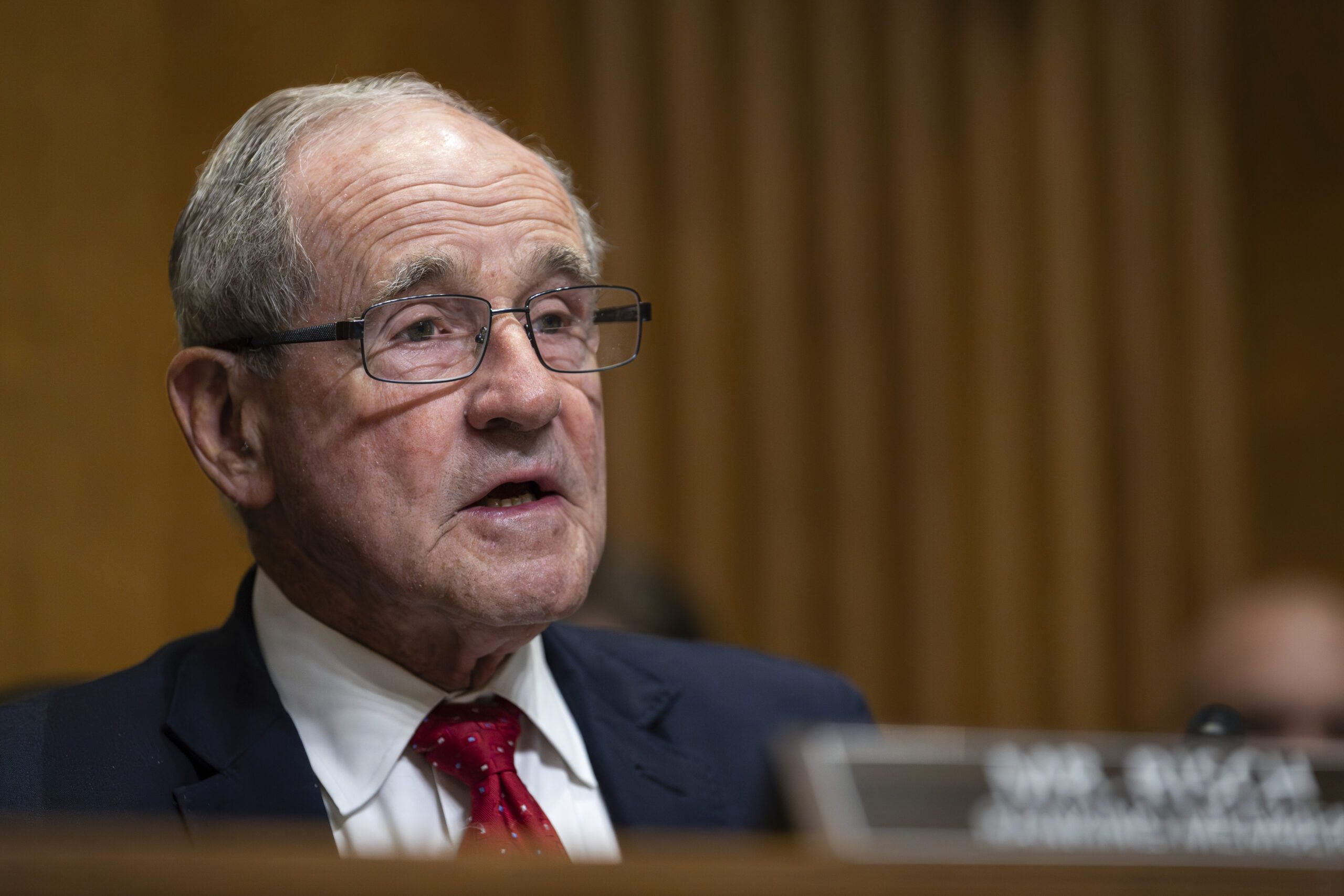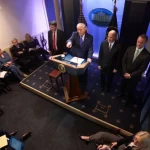

The NATO alliance has made strides in its attempts to counter the Chinese Communist Party over the last couple of years, but more is needed, according to a top U.S. senator.
Sen. James Risch (R-ID), the top Republican on the Senate Foreign Relations Committee, released a new report on Tuesday outlining what he believes NATO needs to do to prepare both itself for Chinese aggression and subnational diplomacy to undermine free societies, in addition to arranging for the potential that the United States removes some of its military power from Europe to respond to Chinese actions in the Pacific.
“It is imperative both sides of the Atlantic recommit to working closely together to confront
China’s behavior,” the senator said in a letter addressed to colleagues contained within the report. “This will take dedication from all partners to set aside politically expedient but unconstructive spats that distract from the greater shared challenge. I am optimistic we can do it.”
NATO should improve its institutional knowledge of Chinese and the operational capacity of the People’s Liberation Army to further the 2022 Strategic Concept by developing contingency planning for potential Chinese state interference and involvement in a war in Europe, and the alliance should require member nations to agree to standards for research security, strategic investments, and procurement in defense-related sectors, according to the report.
A person familiar with the report said the ranking member is hoping to solidify some of the recommendations via legislation, though the individual acknowledged, “It’s harder to get some of this stuff across the finish line” with a Democratic majority in the Senate and a divided Congress.
U.S. and NATO leaders have accused Beijing of supporting Russia’s defense industrial base, thus aiding it in its war to conquer Ukraine.
Last month, NATO Secretary-General Jens Stoltenberg alleged that Chinese leader Xi Jinping “has tried to create the impression that he is taking a back seat in this conflict, to avoid sanctions and keep trade flowing,” adding, “but the reality is that China is fueling the largest armed conflict in Europe since World War II, and at the same time, it wants to maintain good relations with the West.”
The Idaho senator’s report coincides with this week’s NATO summit in Washington, D.C., where the alliance will celebrate its 75th anniversary. He will appear on a panel on Wednesday with Petr Pavel, the president of the Czech Republic; Mette Frederiksen, the prime minister of Denmark; and Kaja Kllas, the prime minister of Estonia.
CLICK HERE TO READ MORE FROM THE WASHINGTON EXAMINER
“I will say that we’ve got some new projects that we’re going to be talking about at the summit with our Indo-Pacific partners on resilience,” a senior Biden administration official said. “So, resilience in the region; supporting Ukraine, as I mentioned; countering disinformation; cyber; and then also on tech cooperation, emerging technologies.”
Risch’s report is predated by a similar one he wrote in 2020 focusing on the importance of working with European allies to counter China. He said in the newly released report, “The Biden administration did not take significant steps to execute my recommendations or further collaborate with our European partners” from that original report.





